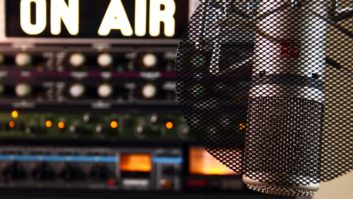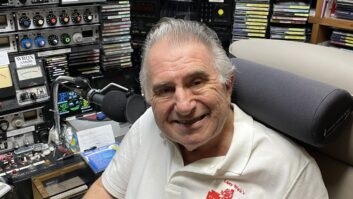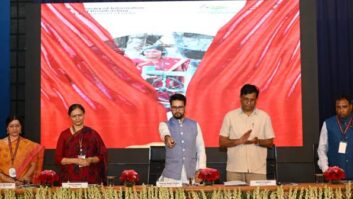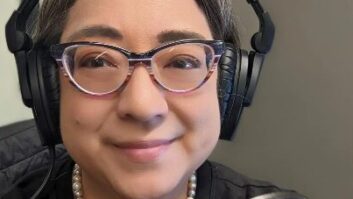The author is membership program director of the National Federation of Community Broadcasters. NFCB commentaries are featured regularly at radioworld.com.
Community radio depends greatly on local and independent artists and their music. From WRAS in Georgia to KFAI in Minnesota, WWOZ in Louisiana to Marfa Public Radio in Texas, many outlets are in cities that celebrate their rich cultural histories through music. In support, many of the artists featured do their best to boost the independent radio stations that give them exposure. It’s time for community radio to more ardently stand by independent artists.
Many listeners and even some radio stations assume a radio broadcast of a song means the performer gets a royalty. That belief is untrue. Songwriters and publishers receive compensation, but the voices people know and love do not. The labyrinthine regulations consider last the performers that audiences appreciate the most.
Virtually no one believes it’s good for any city or town when a musician isn’t compensated. The artists lose out on a stream of income; they’re less productive and aren’t able to offer as much to area radio or residents; and communities lose out in residual gains when local acts gain momentum. The royalty rules as they’re written today have a tremendous impact on performers, especially independent ones not signed to major labels or their subsidiaries.

This scenario has been a difficult one for years. As the world is seeing through crowdfunding and other means, the importance of supporting makers is critical. The tide is changing. It’s up to Washington to hear it too.
The National Association of Broadcasters just announced that a non-binding resolution, the Local Radio Freedom Act, is garnering attention. The NAB-backed bill proposes that Congress “should not impose any new performance fee, tax, royalty, or other charge relating to the public performance of sound recordings on a local radio station for broadcasting sound recordings over-the-air.” While some of its assertions are questionable, its consequence could present challenges to not just performers, but communities.
LRFA makes a number of dubious claims. In spite of the name, NAB and its supporters largely are not local radio. Their programming, for the most part, does not reflect a one-third, one-quarter or even one-tenth of local public affairs and music. There is no local ownership. Their playlists come from a formula concocted in marketing laboratories far from the city of broadcast. The focus is not in lifting up a community’s local arts and music.
LRFA argues paying artists would mean a reduction in local services. Given how few actual services NAB’s members like Cumulus provide to the local music scene, such positions seem like rhetorical shell games. On the other hand, noncommercial, educational radio supports local music. Community radio has everything to gain in terms of equity when it gives back to the arts, because they in turn bolster community radio.
The notion that stations should not support musicians opens up conversations that may reveal why we’re in radio in the first place.
Your region’s musical artists contribute to your community’s culture. They give a local area color and make it a destination. After all, what would Austin, Memphis, Kansas City and Seattle be without a deep identification with local music? Stations benefit when there’s a robust local music scene, as do communities. What goes to musicians will lift up everyone.
I first became a community radio DJ and am today an advocate for community radio because I see it as a benefit to regions. I believe radio is a partner with my city. I contend most community radio, the stations ostensibly represented by something dubbed local radio, care about performers. Most of the community broadcasters I speak to believe such an obligation may require we share what little we have, because it’s the right thing to do.
It is true that believing in and programming music under new models would mean noncommercial radio would be subject to some added costs. Seriously though, we’re talking pennies ultimately. Alternative bills like the Fair Play Fair Pay Act would protect small broadcasters, while ensuring artists get the direct payments they deserve, particularly from the commercial broadcasters who reap far more than noncommercial broadcasters do. Groups like the Future of Music Coalition speak out often on the shared destiny of musicians and community radio.
I’m not a lawmaker, a lobbyist or even a musician. I do encourage community radio to appreciate its local music scene and to ensure stations support communities.












